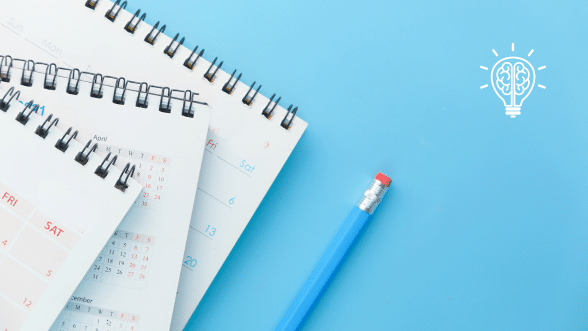In today’s fast-paced world, striking the perfect work-life balance is more challenging than ever. For many professionals, the lines between work and personal life have become increasingly blurred. However, maintaining a balance is crucial for overall well-being and productivity. Let’s delve into some effective strategies tailored for busy professionals.
Understanding Work-Life Balance
The Modern Dilemma
With technological advancements, we’re now connected to our work 24/7. This constant accessibility has its perks but also has ushered in an era where logging off feels almost impossible. The result? Burnout, decreased productivity, and compromised well-being.
The Benefits of Balance
Achieving a work-life balance means more than just taking a vacation. It’s about daily harmony that:
- Enhances mental and physical health.
- Boosts productivity and creativity.
- Strengthens personal relationships.
- Reduces the risk of burnout.
Pro Tip: Remember, work-life balance isn’t a one-size-fits-all concept. What works for one person might not work for another. It’s personal and evolves as our lives change.
Strategies for Achieving Balance
Prioritize and Delegate
Identify tasks that are essential and those that can be delegated. Sometimes, investing in tools or services can free up personal time, such as hiring an assistant or using automation software.
Set Boundaries
Establish clear boundaries for work hours, even when working from home. When your workday ends, make a conscious effort to disconnect from work-related activities.
Schedule Breaks
Incorporate short breaks throughout your day. These can help reset your mind, increase productivity, and decrease fatigue.
Pro Tip: Use techniques like the Pomodoro method. Work for 25 minutes and then take a 5-minute break.
Time Management
Invest time in planning and organizing your tasks. Using tools like calendars, task lists, or project management software can help prioritize and manage your time better.
Embracing Flexibility
Flexible Work Arrangements
Discuss the possibility of flexible hours or remote work options with your employer. This can drastically reduce commute times and allow a more personalized work schedule.
Avoid Multitasking
While it might seem efficient, multitasking can reduce the quality of your work and increase stress levels. Focus on one task at a time.
Pro Tip: Set specific days or times for specific tasks. For instance, reserve Monday mornings for meetings and Friday afternoons for administrative tasks.
Prioritize Personal Well-being
Invest in Downtime
Whether it’s reading, meditating, or just taking a walk – ensure you have some ‘me’ time every day. This helps in mental rejuvenation.
Stay Active
Physical activity has proven benefits for mental well-being. Whether it’s a quick workout, yoga, or even a short walk, ensure you’re moving daily.
Connect with Loved Ones
Regularly spend quality time with family and friends. This fosters stronger personal relationships and acts as a buffer against work-related stress.
Disconnecting from Work: Setting Clear Boundaries
The Importance of Unplugging
In a world of constant connectivity, the ability to disconnect from work, especially outside of work hours, has become both a luxury and a necessity. Continual engagement with work emails and tasks can lead to burnout, sleep disturbances, and reduced quality of personal time.
Set an Email Curfew
Determine a specific time in the evening after which you will not check work-related emails. This not only helps you wind down but also sets a precedent for when others can expect a response.
Pro Tip: Use automatic email responders to let senders know when you’ll be checking your emails next. This manages expectations and reduces the pressure to reply immediately.
Define Emergencies
Ensure your colleagues and clients understand what constitutes an ’emergency’. Clearly define scenarios that warrant an immediate response. For all other situations, encourage them to wait for the next working day.
Use Alternative Communication for Urgencies
For genuine emergencies, establish a communication method other than email. This could be a phone call or text. But remember, this line of communication should be reserved strictly for urgent matters.
Pro Tip: Discuss with your team or clients about what qualifies as an emergency. By having this open dialogue, you reduce the chances of unnecessary interruptions during your personal time.
In Conclusion
Achieving work-life balance requires consistent effort, self-awareness, and sometimes, the courage to make tough decisions. By integrating these tips and continuously evaluating your professional and personal needs, you’re on your way to a more harmonious, productive life.
Remember, it’s not about equally dividing hours between work and personal life, but ensuring both domains enrich, not deplete, you.





